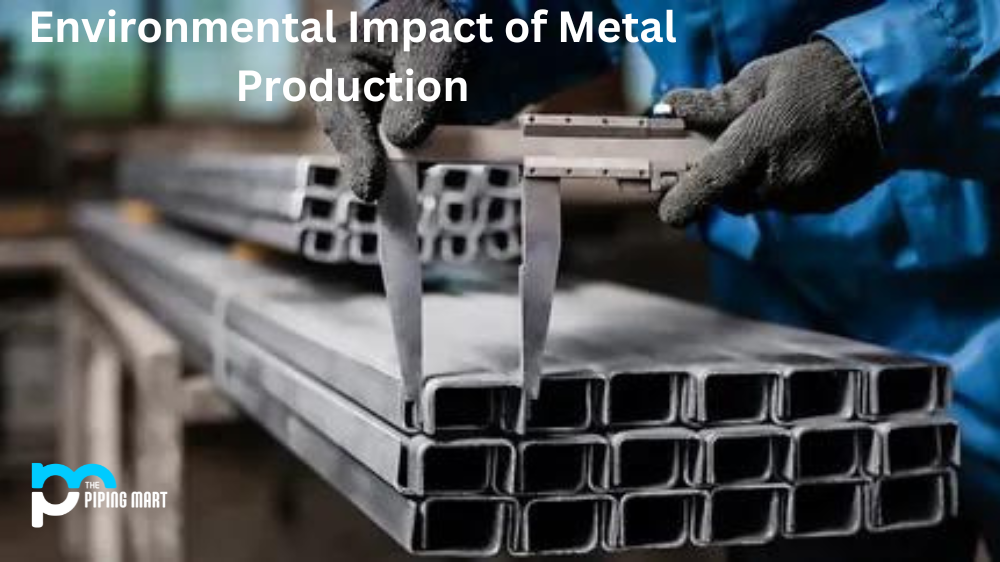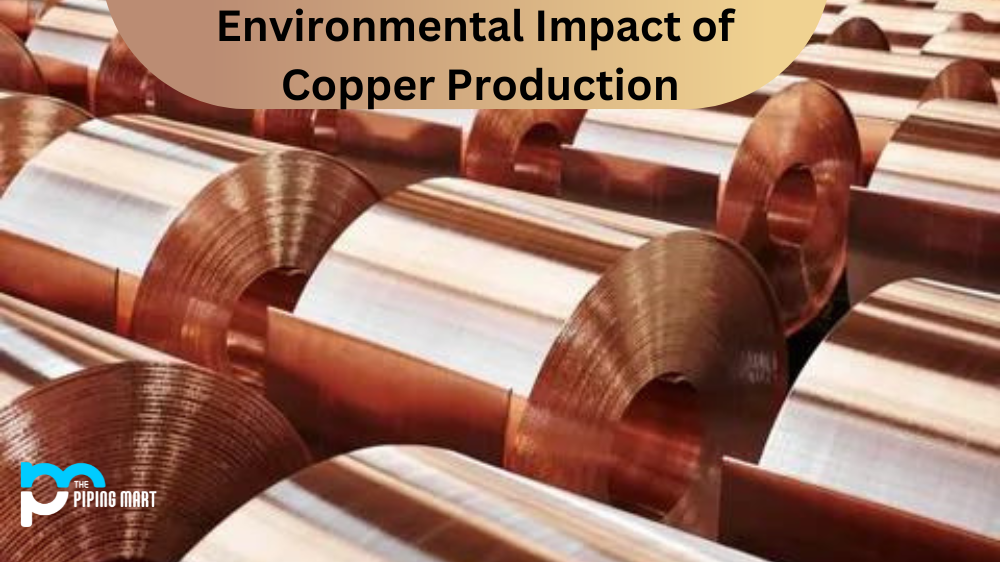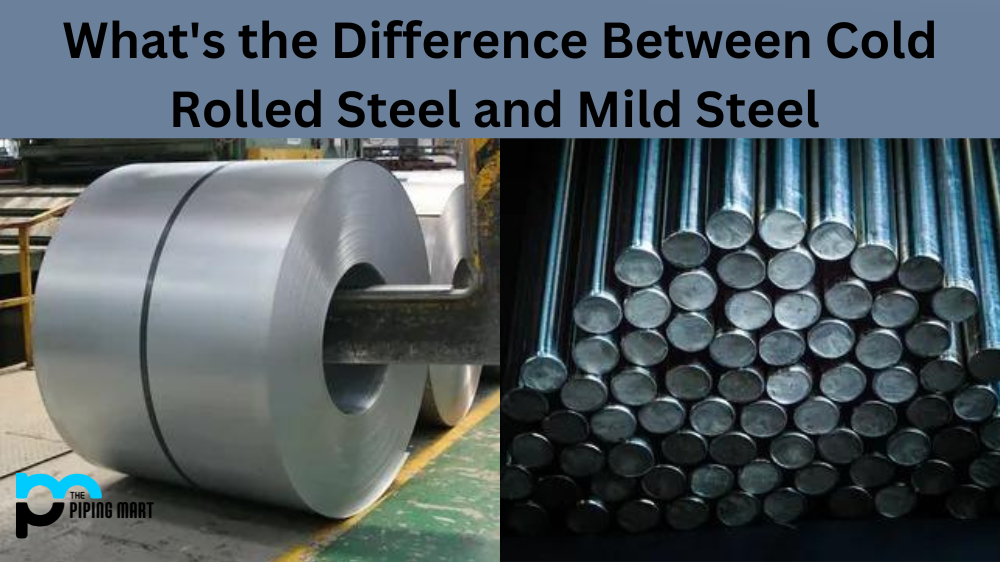As our demand for consumer goods keeps growing, so does the need for metals used to produce them. Unfortunately, the production of metals, whether through mining or smelting, has a considerable environmental impact. The metal industry’s adverse environmental effects, from deforestation to toxic waste emissions, cannot be ignored. As such, in this blog post, we will discuss the environmental impact of metal production.
Land Degradation
Metals are usually extracted from ore, which often requires surface mining. In most cases, this leads to extensive land disruptions, such as soil erosion, vegetation destruction, and wildlife relocation. It is common to find abandoned and degraded mining areas with little or no possibility of restoration. The massive amounts of material removed during mining disrupt the land’s topography, causing severe land degradation.
Deforestation
The expanding mining industry accelerates deforestation in regions with vast metal reserves. To access these reserves, mining companies clear acre after acre of forested land, harming ecosystems and endangered species. Deforestation also amplifies greenhouse gas emissions, aggravating the effects of climate change.
Toxic Chemical Emissions
While mining operations release various chemicals into the environment, extraction and smelting processes produce significant quantities of toxic gaseous and liquid emissions. The toxic wastes produced by the metal industry include sulfur dioxide, mercury, lead, cyanide, and arsenic. Once disposed of, these wastes can also leach into waterways, pollute groundwater, and contaminate drinking water.
High energy Consumption
Metals have high energy demands during the production and extraction process. For instance, energy consumption during the extraction and processing of aluminium alone accounts for 3% of the global energy consumption share. Such high energy demand implies a high carbon footprint for the metal industry, which has severe environmental impacts, including global warming, air pollution, and acid rain.
Resource depletion
The metal industry requires vast quantities of natural resources, some non-renewable. Metals such as gold, copper, and platinum require massive resource-intensive operations to extract, and with time, these reserves will be depleted. As mining companies remove more minerals, the funds must be replenished, increasing environmental degradation and impacts.
Conclusion
In conclusion, the environmental impact of metal production must be addressed. The metal industry is crucial in global economic growth and has significant environmental costs. From land degradation to toxic waste emissions, the environmental impact of metal production is enormous. The industry needs to adopt sustainable practices to reduce its environmental impact. Governments, consumers, and businesses must work together to ensure that the metal industry does not lead to environmental degradation that we, as a society, will live to regret.
Sakshee is a talented blogger, with a particular focus on the Business and Metal Industry. She is passionate about sharing her insights on various metal products and helping professionals to make a better decisions.




